I’m a sucker for lists like this, and I love seeing such strong representation for places that love vegetables. And two especially stood out on Food & Wine’s list:
Vedge, Philadelphia, 2011
The expressions “plant-based” and “vegetable-focused” feel borderline cliché at this point, but that wasn’t always true, especially not in the elevated dining space, where patrons historically expect steep checks to include showy meats, or at the very least caviar. At Vedge, husband-wife chef team Kate Jacoby and Rich Landau made it dangerously easy to justify spending lots of money on vegetables—with surprising dishes like a giant wood-roasted carrot that easily rivals any steak, broccolini “carbonara” made with Israeli couscous, and a luxurious rutabaga fondue. Jacoby and Landau, who helped pioneer this new mode of plant-based dining back in the ‘90s with Horizons, cracked a new level of visibility with the critical success of Vedge. —Maria Yagoda, Digital Restaurant Editor
Vedge is the restaurant I want to eat at most. It’s a bright star in the vegan sky, and it may be *the* North Star for people looking to think about vegetables in a different way.
Superiority Burger, New York City, 2015
Brooks Headley had a laser-focused mission, succeeded wildly at it, and made the restaurant world a better place. Six years ago, he was an award-winning pastry chef who would make veggie burgers just for kicks. Then he did a veggie-burger pop-up, which eventually became a six-seat East Village institution with groups of people always eating outside. It’s not like Headley invented plant-based fast food, but he’s the best at it, and he’s influenced so many other concepts in the past few years. The Superiority staff never stops churning out experimental vegan hits, like their Italian hoagie, cold pizza salad, and tahini ranch romaine salad. Last year, Headley thought it’d be cool to get intensely into focaccia and sell it only on Fridays. May this place stay open for a thousand years. —R.G.
And Superiority is just special in every single way. I adore so many parts. Weekly-repeated specials, daily specials, small menu, and a constant focus on seasonal things. All those combine to make for a unique experience every time I’ve visited, and I’m grateful for it.
It makes sense that Sqirl and LocoL are on the list too. All are ambitious and interesting in their own ways.
I hope in the next few weeks we see more lists that help contextualize America’s invigorated interest in vegetables and fresh eating more.
